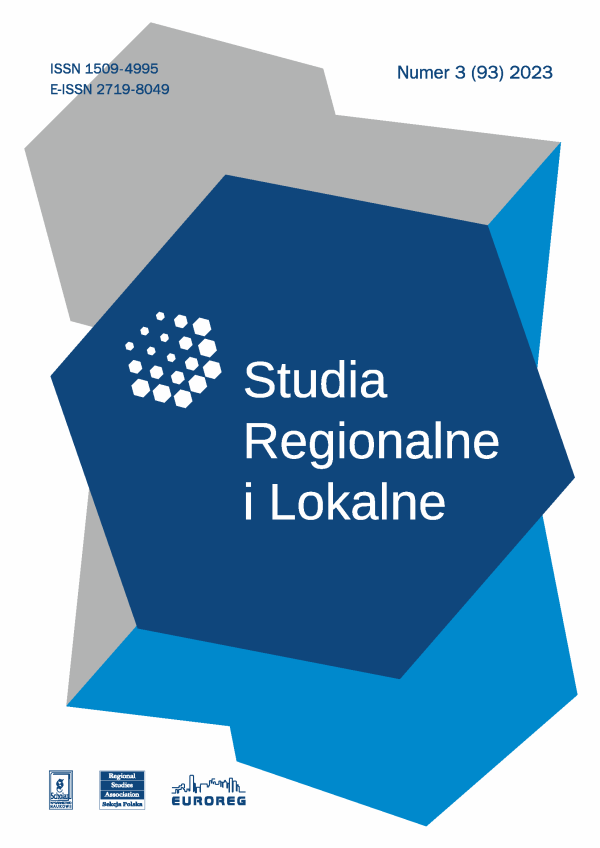Published in
3(93)2023

- Vesna Garvanlieva Andonova, Borce TrenovskiDeterminants of Local Revenue Mobilisation: Do Governmental Transfers and Public Investment Matter? A Case of the Western Balkan Countries[more]
- Denok Kurniasih, Wahyuningrat Wahyuningrat, Paulus Israwan Setyoko, Rodon Pedrason, Muhamad YusufHow Well Has Local Government Human Resource Management Been Discussed? Looking at the Global Practice[more]
- Oleksiy Gnatiuk, Serhii Puhach, Kostyantyn MezentsevThe Socio-Economic Regionalisation and the Administrative Division of Ukraine Through the Lens of the Gravity Model[more]
- Liudmyla Bezuhla, Mariia Bieloborodova, Liudmyla Bondarenko, Tetiana HerasymenkoRecreation Areas Optimisation and Nature Exploitation in Urban Ecosystems[more]
- Svitlana Kuzikova, Valeriy Zlyvkov, Svitlana Lukomska, Tetiana Shcherbak, Olha Skyba, Borys KuzikovFeatures of War Injuries in Persons of Different Ages Residing in the Kyiv and Kharkiv Regions of Ukraine[more]
- Mykola Serbov, Iryna Kramarenko, Inna Irtyshcheva, Marianna Stehnei, Yevheniia Boiko, Nataliya Hryshyna, Kseniia KhaustovaThe Efficiency of Water Resources Management in the Black Sea Region (Ukraine) in the Context of Sustainable Development Under the Conditions of Military Operations[more]


